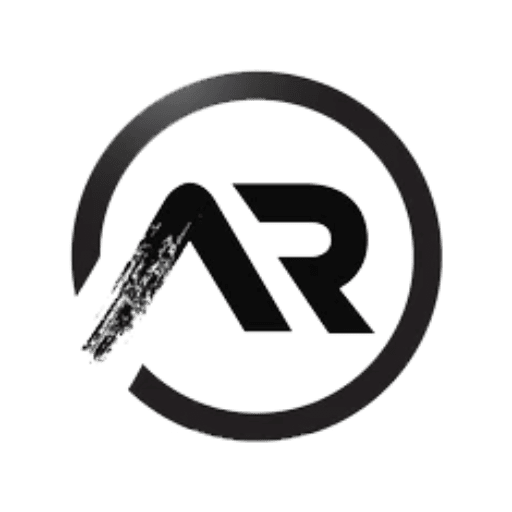- Which knowledge domain my PhD is going to be in – This is a very good question and kind of decides which door to the vast knowledge area you enter and then start your journey deep into it to uncover the mysteries. Since the whole idea is about furthering the existing knowledge around the topic in the public domain, its a very good idea to pick a topic which one is already familiar with and has covered the basic to intermediate knowledge. For me, I have spent more than three decades in the area of business and entrepreneurship both traditional and tech based. I may look into a specific topic where I want to learn more and is interested in and something where I have access to resources to conduct my research. If its part of my actual work then all the more better.
- Who will be the PhD Research guide – Research guide is your goto person who has already some some work in the research field of choice, who has great skills in conducting research projects. A good guide could have a few papers at the minimum researched and well referenced.
- Under which organization or university my PhD will be in: The research will happen or is it going to be independent self funded, full time, part time, on-premise or remote/online – Are you a student, independent researcher, or a faculty at a educational institution – all of this will define the time availability, resource availability and funding models one would pursue as part of ones research project. Usually research projects have a 100 hour time duration assigned to it. So this is something you have to factor in based on your life stage and hence time availability in hand.
- Accredition of the univerity and format of learning : I think this is a very important aspect of deciding where to actually do your PhD. For working professionals there are doctorate programs offered as applied research where one looks at furthering the knowledge in one line of work via observations and then defining causality and then deciding what the final dissertation is going to be. I think this way of research helps one apply the learnings at work on a daily basis. The latter is looking at research itself in a isolated manner from an effort stand point and creating something of value in the chosen field. This is more open ended in terms of subject choices. I would say being passionate of the topic is very important to create something very substantial. Now with this in mind, the way to look at would be broad topics of interest, read some research papers to see what is done in the field and what qualifies a good research aim. Then have a topic chosen, identify universities offering online-> doctorate that allows total remote (many will still have a week of immersion at the university) -> the cost.
- Cost is a major aspect of what you get just like in all other aspects of life, same is the case with quality education too. If we take regions where PhDs are offered, North America, Europe and Asia – most of the programs are still on-campus with a stipend and has stringent qualification criteria. Some will require you to have a mandatory PG before application, some will allow with graduation and sufficient experience. Cost is high in the US, followed by Europe and then the rest. There are many doctorate scams so beware of low cost destinations. Ideal scenario is to find a place where you can get scholarship and then attend the program, so cost is high still you could do it at a lower rate.
- Why do you need a PhD or doctorate? The objectives are different for different people. For me personally it has been the ehnanced professional and personal credibility at an international level and a self assessment of my currently acquired knowledge that is solidified through an external validation. This is an accreditation of my skills that would differentiate my knowledge and overall contribution to the world. Be it for migrating to a different country, being able to communicate professionally at a global level, conduct my own furthermet and attainment of knowledge, contrary to popular belief and something that I will argue strongly for, the process of becoming a doctorate definitely enhances ones ability to distill down real knowledge to scientific community validated truth as we know as of today, as well as further the knowledge levels with lot of confidence. All other things will be a byproduct of this acquired knowledge and this starts one to really look into any aspect of life with a certain methodological framework that runs the world as we know it.
- Long term short term goals and the risk of choosing a wrong field of study: I feel that once a researcher always a researcher. And its better to choose one area and really be an expert in the field. So look at the learnings one has so far, accumulated knowledge and further the same so that it will be a smoother ride. If not take an area of interest and try and start learning everything in that space which may not be your primary area of work. So double the effort. One can do multiple PhDs as well, if knowledge acquisition is the primary goal and have varied interests. Or even do research in many areas.
Hope the above list even though is not comprehensive offers a starting point for someone to start thinking about PhD and how to go about doing it. i’ll keep updating the thread on any new dimensions that come up in my research to find the ideal study area and university for me.
